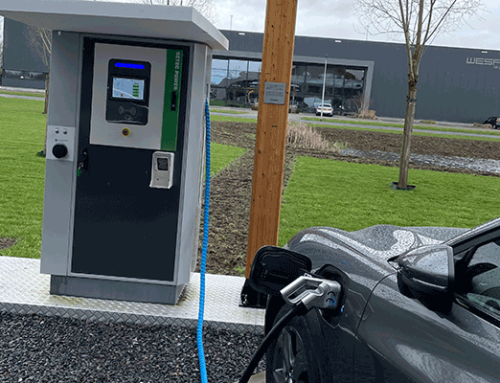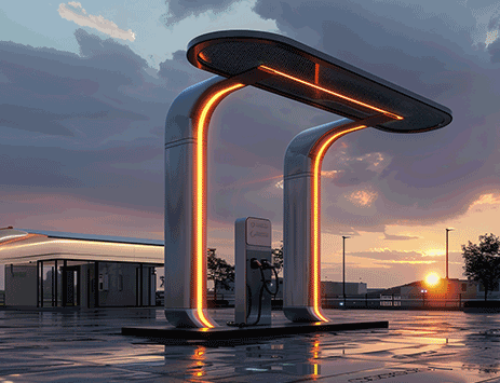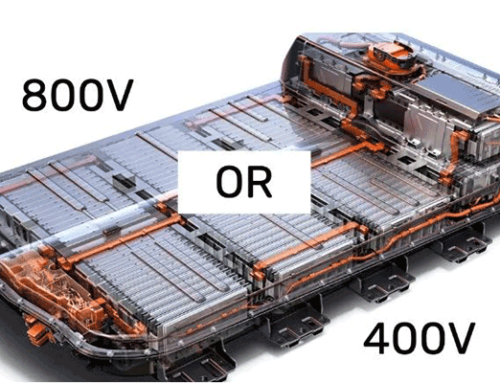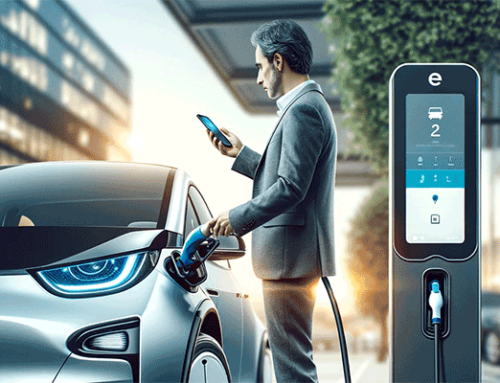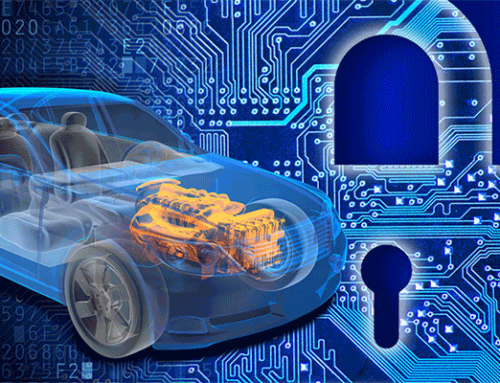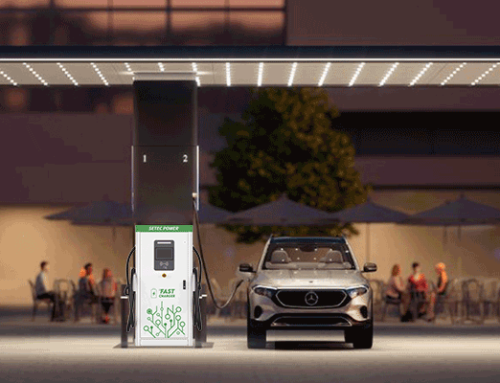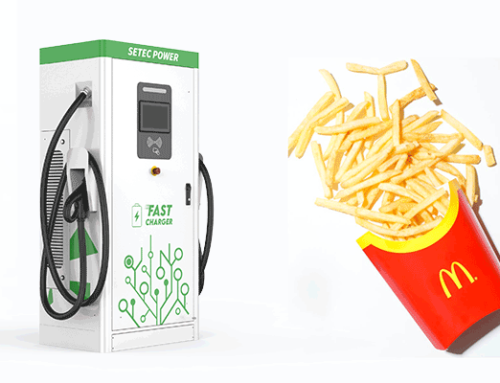With the progression of electric vehicles, an increasing number of people are looking to embrace this technology. Therefore, understanding the terms that describe their performance and efficiency is crucial. Among these technical terms, two key ones are MPGe and kilowatt-hours per hundred miles. Today, we will discuss these to assist potential buyers in making informed decisions.
MPGe: Miles Per Gallon Equivalent
MPGe, short for miles per gallon equivalent, offers a direct comparison of fuel efficiency between traditional gas-powered vehicles and electric vehicles. However, it’s essential to remember that this unit is not about actual gallons but an equivalent measure based on the energy content of gasoline.
The U.S. Environmental Protection Agency equates one gallon of gasoline to 33.7 kilowatt-hours of electrical energy. This comparison allows for calculating the MPGe, which indicates how many miles an EV can travel on the energy amount equivalent to a gallon of gas. For instance, if an EV has a 70 kilowatt-hour battery, it contains the energy equivalent of just under three gallons of gasoline, highlighting the stark difference in energy efficiency between EVs and their gas-powered counterparts.
Kilowatt-Hours per 100 Miles
While MPGe helps compare EVs with traditional vehicles, the metric of kilowatt-hours per 100 miles provides a direct measure of an EV’s energy consumption. It states how many kilowatt-hours of electricity the vehicle requires to travel 100 miles. In essence, it’s an electric car’s “fuel economy” marker.
The lower this value, the more energy-efficient the vehicle, meaning the EV requires less electricity to travel the same distance, resulting in reduced charging costs.
Making an Informed Choice
When shopping for an EV, both MPGe and kilowatt-hours per 100 miles should be taken into account to make an informed decision. A vehicle with a higher MPGe and a lower kilowatt-hours per 100 miles figure is likely to offer the best efficiency, contributing to lower operational costs and higher driving ranges.
Recent developments in battery technology and power management have made considerable improvements to these efficiency metrics. As of 2023, EV manufacturers have been focused on improving both the energy density of their batteries and the overall energy management of their vehicles, making these metrics even more vital for potential EV buyers.


